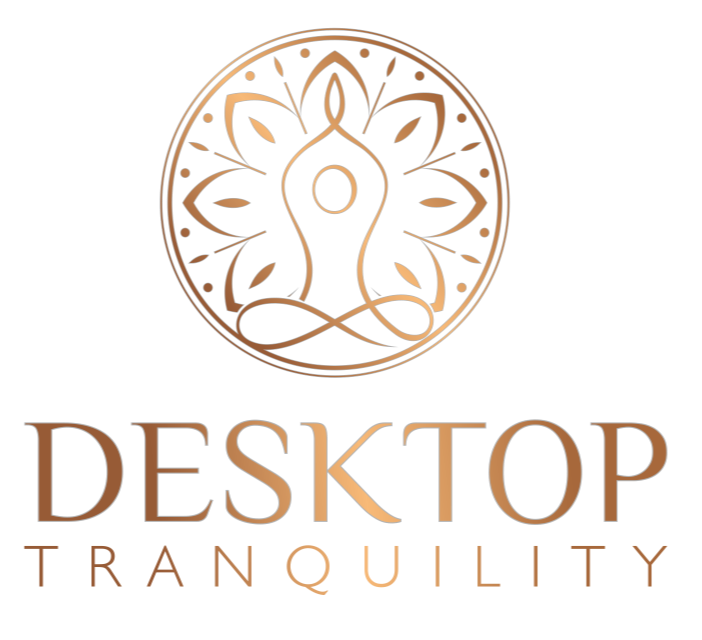Effective Strategies for Managing Anxiety and Promoting Mental Health
Living with anxiety can be challenging, but there are effective strategies to help you manage anxiety and promote mental health. Understanding and addressing anxious feelings is crucial in this process. Recognizing symptoms of anxiety is the first step towards seeking help. Common triggers for anxiety can vary from person to person, but identifying them is essential for developing coping mechanisms. Relief techniques such as deep breathing exercises and mindfulness can be beneficial in managing anxiety.
Understanding and Addressing Anxious Feelings
Physical symptoms like rapid heartbeat, sweating, and trembling are common signs of anxiety. Additionally, emotional symptoms such as fear, worry, and restlessness may indicate anxiety as well.
Common triggers for anxiety include stress, traumatic events, phobias, and social situations. Identifying your specific triggers can help you better manage your anxiety.
Relaxation techniques like deep breathing, progressive muscle relaxation, and meditation can help alleviate feelings of anxiety. Engaging in physical activities like yoga or exercise can also reduce anxiety levels.
Coping with Anxiety: Tips and Techniques
Practicing relaxation techniques such as mindfulness meditation, guided imagery, or aromatherapy can promote a sense of calm and reduce anxious feelings.
Regular physical activity has been shown to reduce anxiety levels by releasing endorphins, the body's natural stress relievers. Activities like walking, running, or dancing can be beneficial.
If your anxiety is impacting your daily life, seeking help from a mental health professional is crucial. Cognitive behavioral therapy (CBT) and medication can be effective in managing anxiety disorders.
Meditation for Anxiety Relief: Mindfulness and Mental Health
Meditation has numerous benefits for mental health, including reducing stress, improving focus, and promoting emotional well-being. It can help in managing anxiety by enhancing self-awareness and relaxation.
Developing a regular meditation practice can create a sense of balance and peace in your daily life. Starting with short sessions and gradually increasing the duration can make meditation more manageable.
Mindfulness meditation teaches you to observe your anxious thoughts without judgment, which can reduce their intensity and impact on your mental well-being. It can help you develop a more positive outlook on life.
Managing Anxiety Understanding Anxiety Disorders
Anxiety disorders include generalized anxiety disorder, panic disorder, phobias, social anxiety disorder, and post-traumatic stress disorder (PTSD). Each type has specific symptoms and treatment approaches.
Cognitive behavioral therapy (CBT) is a widely used approach in treating anxiety disorders. It helps individuals identify and challenge negative thought patterns that contribute to anxiety, leading to healthier coping strategies.
Mental health professionals, such as psychologists or counselors, can provide guidance and support in managing anxiety. They can offer therapy, medication, or other interventions tailored to your specific needs.
Effective Coping Strategies for Anxiety and Stress
Self-help techniques like journaling, practicing gratitude, and setting boundaries can empower you to manage anxiety on your own. These strategies enable you to build resilience and cope with everyday stressors.
During an anxiety attack, it's important to focus on your breathing, practice grounding techniques, and remind yourself that the feelings will pass. Seeking professional help if needed is also crucial.
The Anxiety and Depression Association of America (ADAA) offers resources, support groups, and information for individuals struggling with anxiety and depression. Seeking community and guidance can be beneficial in managing mental health challenges.
Final Thoughts
Overall, by actively addressing and managing anxious thoughts and feelings, individuals can experience a significant improvement in their mental and emotional state. Utilizing strategies such as cognitive behavioral therapy, mindfulness exercises, and relaxation techniques can all play a key role in reducing anxiety symptoms and promoting a sense of calm and peace. It is important to remember that seeking support from a mental health professional can also be incredibly beneficial in overcoming anxiety and developing healthy coping mechanisms. In the end, taking proactive steps to address anxiety can lead to a happier and more fulfilling life.

